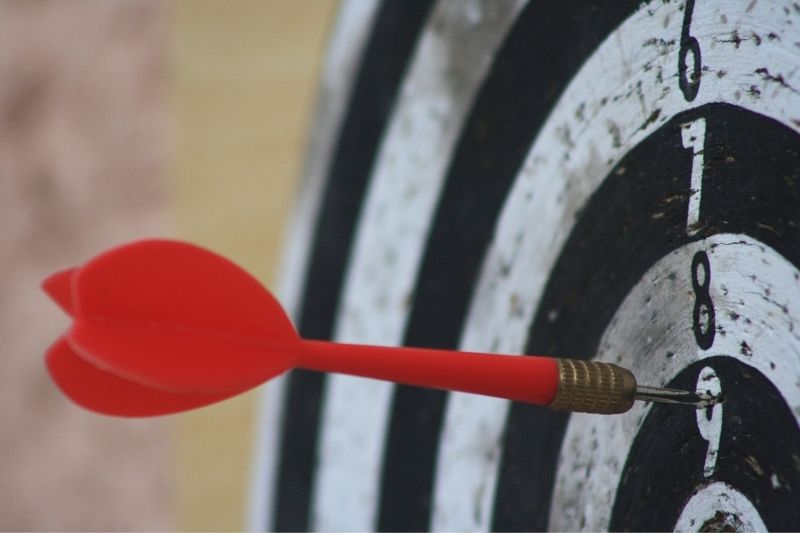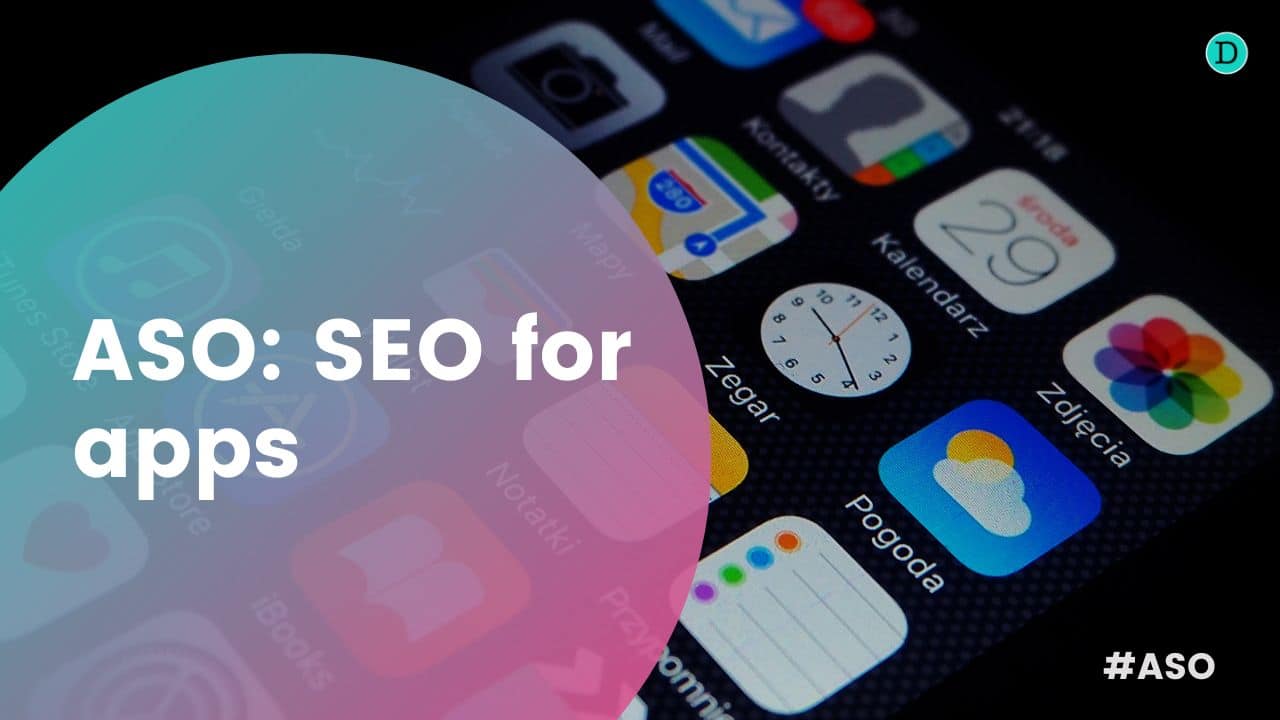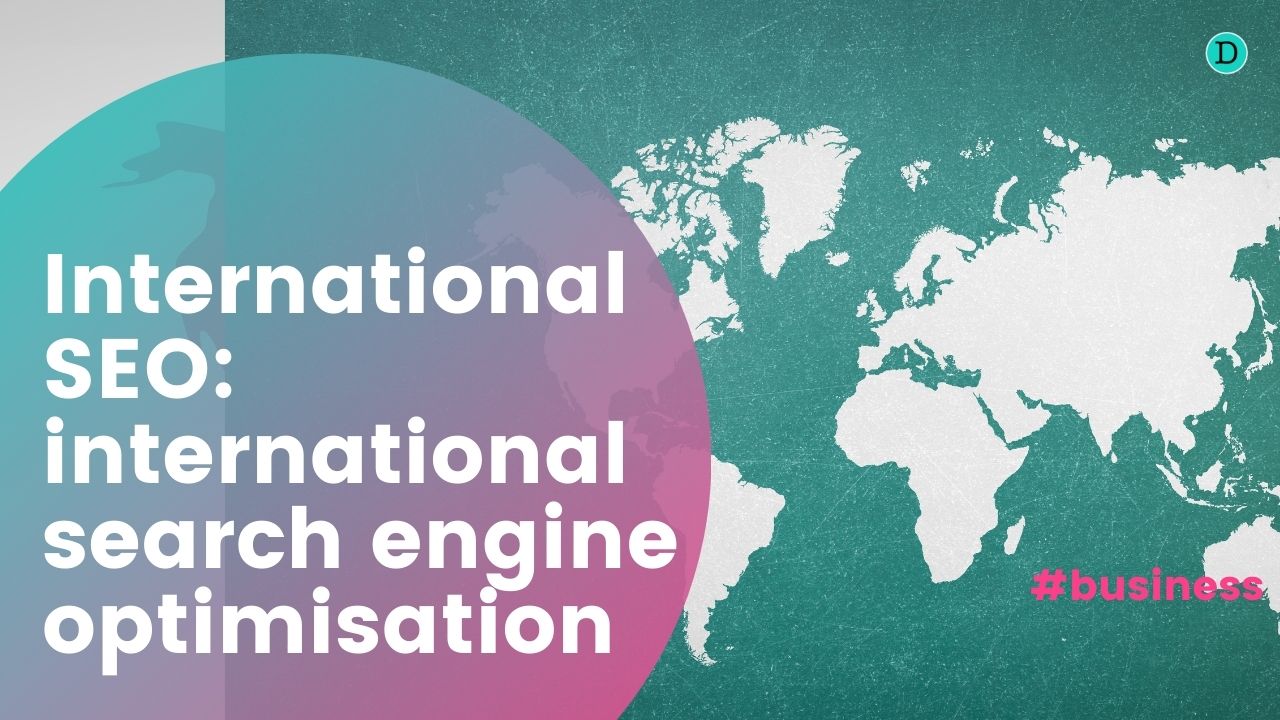
Pablo Herrera
Head of SEO & Content
Making the right questions for a successful digital marketing campaign will be one of the keys to the expected outcome. Most of the time, the reason why a campaign does not perform as it should is because it is not well defined.
We can’t start out on a wild goose chase. Good planning is crucial to achieve good results. Without planning, we may occasionally get a lucky strike, but it is not going to be the usual thing.
Initial mistakes can include budget issues, wrong channels and formats, bad time management, lack of follow up and iteration and improvement processes, etc.
Although each campaign will be different in its approach and development, the initial questions are very similar. For this reason, I wanted to bring to this article ten key questions that you should ask yourself before starting your marketing campaign.
I guarantee that if you pause to answer them, your digital marketing campaign will have a better result.
1. What is my main goal for the digital marketing campaign?
índice

The questions for a digital marketing campaign should always start with the definition of the main objective. Answering this question will lead to other questions and thus start the process.
For example, we can ask how to position a new product or how to improve your company’s online presence. Usually, these goals are more generic, such as: sell more, gain more subscribers, increase my followers on social networks, increase the number of visits to our website, etc.
The main goal is the most important one, so the whole campaign will depend on it. This does not imply that there can’t be other additional secondary goals, which we will now see, but the metric that we are mainly looking for must be clear.
If there are two different goals that are equally important, then we have to run two different digital marketing campaigns.
2. What are my secondary goals?

Once the main goal has been defined, it is time to do the same with the secondary goal. For example, if our goal is to increase our number of followers, we may also want to increase engagement on social networks or brand equity. Mostly because, otherwise, this increase in followers is not going to have any real consequence.
If we want to sell more, we may want to prioritize by department or product. Or, if we want to increase the number of visitors to a blog, we may also want them to subscribe to our form.
Each goal, whether main or secondary, has to be a SMART goal. That is, specific, measurable, time-bound, realistic and relevant.
For example, if we want to gain more subscribers, the objective of the digital marketing campaign can’t be just “gain more subscribers”. It should be something like “gain 20% more subscribers in the next six months”. If we want to sell, “increase sales by 10% in the next quarter”, to give two examples.
This way, we can track and create intermediate steps. For example, x number of sales per month to reach the quarterly target.
To make them realistic, it is important to take into account the history and the changes we are going to apply. It may be that, for example, if we use new technology, we may be able to double the numbers we were doing before.
3. What is the best channel to achieve each goal?

Once we have main and secondary goals, the next questions for a successful digital marketing campaign have to do with the channels.
Digital marketing is a wide world and we have to decide what approach we want to take. Are we going to use SEO or SEM? If we go for SEO, are we going to create an SEO content strategy, or are we just going to use link building, focus on technical SEO or optimize product pages?
If we are going to run a Google ADS campaign, are we going to use PPC or do we prefer to go for impressions, for example? What if we try programmatic or instead of using Google we use social ads? On which social media should I place my ads? On Facebook and Instagram, on TikTok, on LinkedIn, on YouTube…?
Are we going to work on email marketing to get more sales? Do we need to improve subscribers first?
Depending on the type of goal we have, the answers to these questions will be different. Of course, we do not have to use a single strategy, the most common, as long as the budget is sufficient, is to combine several channels to achieve the goal of the campaign.
In fact, the different channels can usually feed back into each other. SEM work can help SEO work faster, for example, by providing Google with data on the interest of users in certain keywords, their time spent, etc.
4. How much time do I have to achieve my goals?

I’ve said this before, but I’ll go back and expand on it. Time is going to be essential in a digital marketing campaign. Not only because the goals have to be limited in time, but also because the campaign itself also requires it to be a campaign.
There may be campaigns that are repeated periodically, such as general sales campaigns, but to be able to analyze and follow them correctly, they must be given a starting point and an endpoint.
In addition, there will be other campaigns that depend on a specific date, such as a brand anniversary campaign, Black Friday, the Christmas or summer campaign… In these cases, the experience of previous years can help us to fine-tune each occasion.
Depending on the time we have, the actions to carry out and the channels to use will be different. For example, if we are in December and we want to run a Christmas campaign, it will make much more sense to opt for SEM than SEO, as organic positioning works in the medium and long term.
However, we can start working on it if we are thinking about next year’s campaign. This, for example, is common in brands that concentrate their sales at Christmas, such as toy companies. Sales are mainly made on that date, but organic campaigns are maintained throughout the year.
In this sense, for example, it does not make sense to work SEM after Christmas, but it will make sense to work SEO. For SEM we will have to wait until Christmas shopping starts in November.
5. How do I turn my goals into concrete actions?

One of the hardest parts is turning the goals into concrete actions. We have already answered the first questions for a digital marketing campaign and it’s time to convert those answers into something tangible.
We have goals and we have, more or less, the channels we want to use. It’s time to take a look at the latest trends in digital marketing in case there’s something we’ve missed. Also take a look at what others are doing.
Maybe we need to learn how to do a podcast for businesses, because it’s working very well and it’s something we hadn’t even considered.
In this sense, it is important, for example, that if we are going to work on ranking, we look at SEO competition, if we are going to work on SEM, competition in paid search, etc., beyond the agents that we have defined as competition in general.
At this point we have to see, as specifically as possible, all the actions that are going to help us achieve my goal. For example, if I want to sell more through email marketing, I will have to introduce the number of newsletters I am going to send, the content I need for them, the discounts, offers and promotions I am going to offer, the audiences I am going to use or create and the way to reach those audiences.
It is a matter of putting into practice what we have prepared at a more theoretical level.
6. Which tools do I need?

Having translated the goals into concrete actions, we may realize that we need the help of certain technological tools. Be careful, they don’t have to be complicated and expensive software, they can be free SEO extensions or WordPress plugins, simply.
If we want to do a good SEO job and perform quality keyword research, for example, we will need a paid tool such as SEMrush, Ahrefs or Sistrix. Although we can find keywords for free, the time we will need and the limitations we will find will mean that we can’t do a digital marketing campaign without them.
Once we know which tools are essential, we must take into account the cost of them because we will have to add it to the total cost of the campaign. In many cases, it will be cheaper to hire the service from an agency that has all the tools than to get them ourselves.
7. How much is my budget?

So let’s move on to costs. We know what to do, but how much can I spend? It is very common in a marketing campaign to have to adapt the budget.
If we are talking about sales campaigns, it helps to take into account the return on investment. This way, you can know how much you can invest and if it is profitable, you can even improve the budget and achieve optimized results.
The campaign budget should include all expenses, both direct and indirect. A direct cost can be the cost of a Google advert or a banner for your website, while indirect costs can include the cost of the marketing agency or your staff if it is an internal job.
Keeping track of the cost per project will help to optimize costs and ensure that the return on investment is positive.
In other cases, for example if we do a campaign based on impressions or brand awareness, ROI will not be the metric to pay attention to, as it is not something that directly returns an economic benefit. On the opposite, these kinds of actions are more aimed at generating profitability in the medium and long term.
Or, directly, to achieve other goals such as improving employer branding or the company’s reputation.
8. Do I have the necessary knowledge and time?

To continue, there is a question that can save your campaign: Do I have the knowledge that the campaign requires? If, for example, we have decided to do SEM, but we don’t know how the online advertising formats should be or, on the contrary, we go with organic positioning, but we don’t know creative SEO strategies, we will have to look for an alternative.
We have two options. Either be less ambitious and adapt the digital marketing campaign to our knowledge or look for a professional to do it for us, either a digital marketing agency or a freelancer.
On the other hand, there is the question of time. We may not know how to do SEM, but we have all the time in the world. Then we might want to stop and learn. However, it is common in any organization to have problems with time management.
If the time you need to learn the skills required for the campaign is too much or you simply have so much work that you can’t take on any more, you will have to delegate.
In many cases, delegating to someone really qualified is the best thing to do if you want good results. However, it is an extra cost that we will have to incorporate into the budget and make the necessary adaptations.
9. How will I track the marketing campaign?

I can’t end the questions for a successful digital marketing campaign without mentioning campaign tracking. The campaign will be meaningless if we don’t track the results exhaustively.
No need to worry about time, if we select the right KPIs, we can create automatic reports that give us the key indicators at any given moment.
For this, Google Data Studio (now called Looker Studio) is a fundamental ally and if we use other paid tools, they will also have different reporting options. The most important thing here is to know how to select.
Not all data is relevant. Keep the ones that really make a difference. We don’t have all the time in the world to study every last variation of the campaign. You have to be practical and have what can make a difference.
10. What will I do if the campaign doesn’t work?

Finally, you have to have a plan B. In many cases, things don’t go as planned. Multiple factors can come along and change everything, from a new competitor with a huge budget to a global pandemic, as we have seen recently.
While reacting and changing what doesn’t work is important, it is also important to know that marketing takes time. Even in a paid advertising campaign, which is more immediate, campaigns take a few days for the algorithm to learn and the results to show.
If we talk about SEO, for example, it takes three to six months to see the first results. So if it’s been three months and nothing has happened, don’t worry, it’s not yet time to make changes.
Scheduling reviews and creating alerts in reporting tools for critical situations can help us know when to start with changes, reiterations and improvements. Sometimes, it may even be necessary to stop completely and start from scratch.
And one last piece of advice, if something is not working, don’t give up. Rome was not built in a day and a campaign is not going to be perfect the first time. It requires patience, testing and intelligence. But if you answer all these questions, you will be closer to success.


